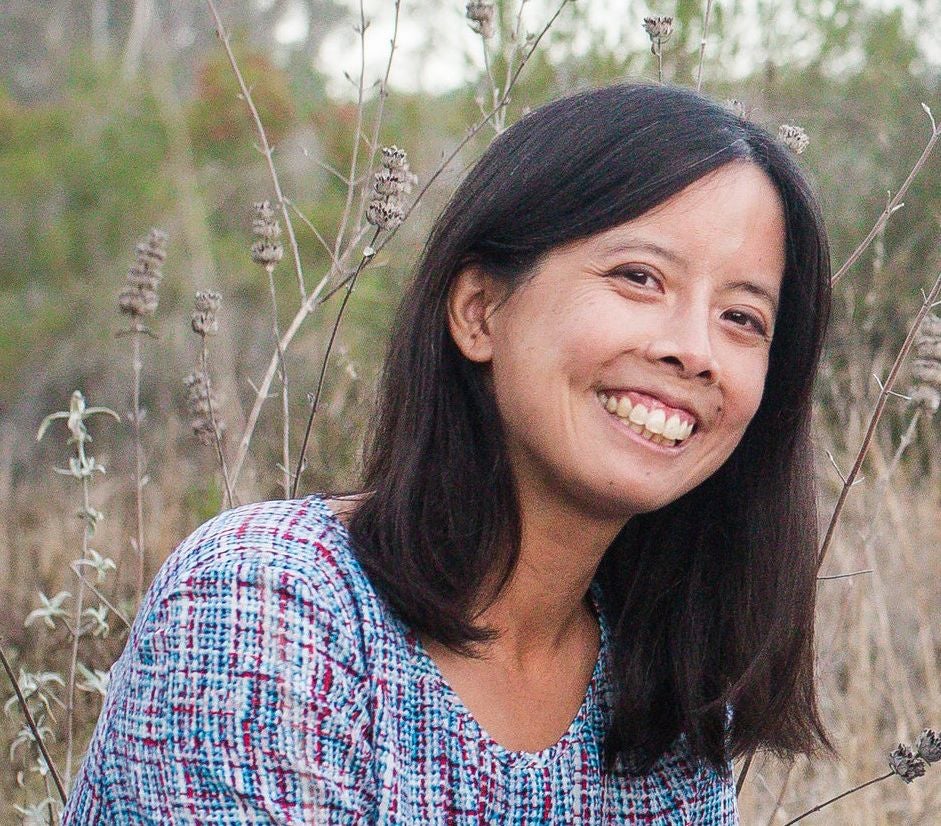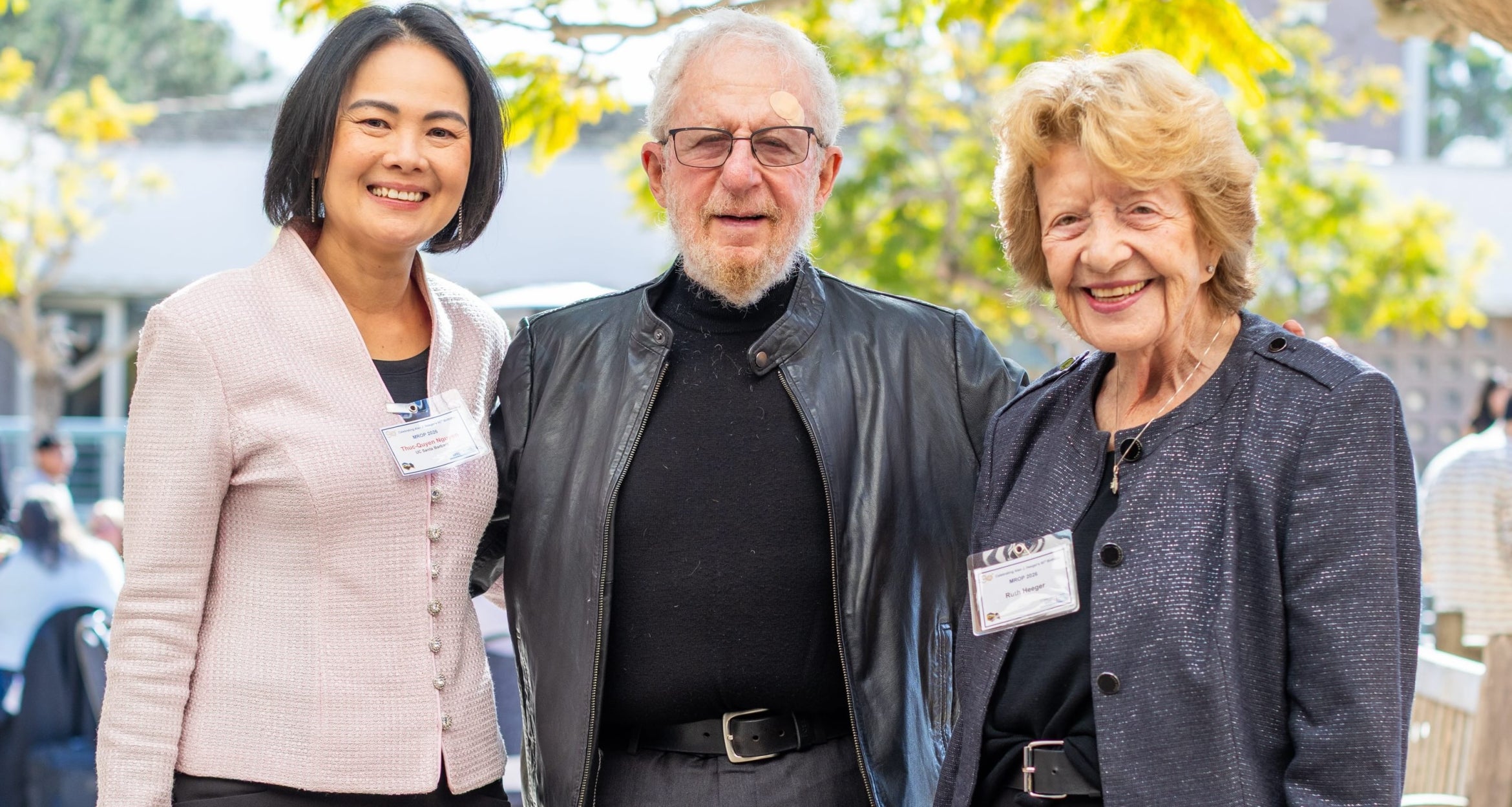
At the Top of Her Game
Alenda Chang, an assistant professor in the Department of Film and Media Studies at UC Santa Barbara, has received this year’s Harold J. Plous Award.
One of the university’s most prestigious faculty honors, the award is given annually to an assistant professor from the humanities, social sciences or natural sciences who has demonstrated exceptional achievement in research, teaching and service.
Presented by the College of Letters and Science, the award was established in 1957 to honor the memory of Harold J. Plous, an assistant professor of economics.
“Over the past four years, Professor Chang has surpassed every aspect of our high expectations, emphatically recalibrating our conception of what an environmental media scholar should and could be,” said Bhaskar Sarkar, associate professor and chair of the film and media studies department. “Besides her expertise in environmental media studies, Chang stands out among the second generation of scholars researching videogames for her game-changing interventions and her ability to design games.”
Chang also studies digital media technologies and forms, as well as “processes of mediation in light of new materialist philosophies,” according to Sarkar.
“Quite simply,” he continued, “Chang is transforming our sense of the discipline of film and media studies — including its epistemological foundations, its methodological orientations, its pedagogic missions, and its pursuits of social justice and the public good — while materializing a paradigm for the humanities-in-action through her scholarship, creative work, teaching and advocacy.”
Chang will highlight her research when she delivers the Plous Lecture next spring.
“I’m honored to receive this year’s Plous Award,” Chang said, “because there are so many talented and hardworking teachers, scholars and artists across our campus that deserve similar recognition. Truthfully, I have been able to write, teach and design in groundbreaking ways because of the generosity and support of my colleagues in Film and Media Studies and many other departments, my brilliant graduate and undergraduate students, and Dean John Majewski and the College of Letters and Science.
“For me, the Plous is also a happy sign that UCSB stands behind profoundly interdisciplinary work,” she continued, “from the creative experiments and playful classes of Wireframe (the media studio I co-founded with professor Laila Shereen Sakr in 2015-16) to the study of film and media’s complex relationships with science, technology and environmental issues.”
Kathy Foltz, professor of molecular, cellular and developmental biology and chair of the 2019-20 Plous Selection Committee, said Chang “is recognized as a leading scholar in a discipline she is helping to define, as an outstanding teacher, and as an innovative and generous colleague enhancing our campus community. Her innovative, cross-disciplinary research is defining a new discipline and bringing together colleagues and students from across campus. Professor Chang embodies the spirit of the Plous Award in transformative scholarly research, innovative teaching and a commitment to service for the entire campus.”
Before coming to UC Santa Barbara in 2015, Chang was an assistant professor of English at the University of Connecticut. She received her Ph.D. in rhetoric from UC Berkeley.
Her forthcoming book, “Playing Nature: Ecology in Video Games” (University of Minnesota Press), argues that video games need to be understood as part of the cultural response to growing ecological crisis, while revealing surprising similarities between game play and scientific work.
Janet Walker, a professor of film and media studies and former chair of the department, praised the book as “the first book-length work that seriously explores how games skirt, distort or add to ecological knowledge. Its measured engagement with the fundamental scientific notions of biodiversity, pollution and species, and its readiness to take on pressing challenges of climate change and ‘the Anthropocene’ point to a humanities scholar who not only understands the debates and scientific positions in the biological sciences, but also how a consideration of media in its figural and material manifestations enriches these discussions in productive ways.”



